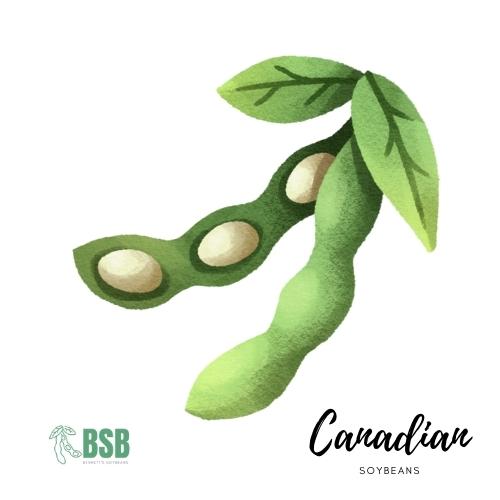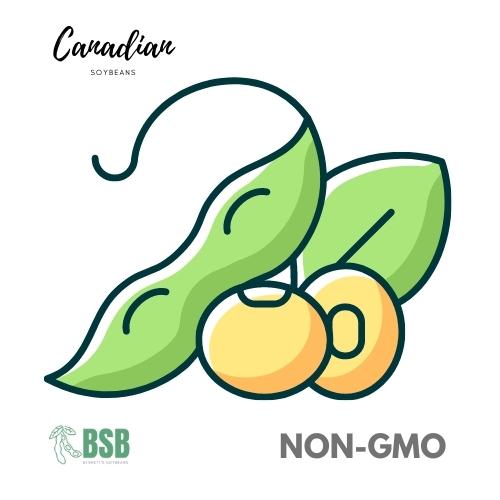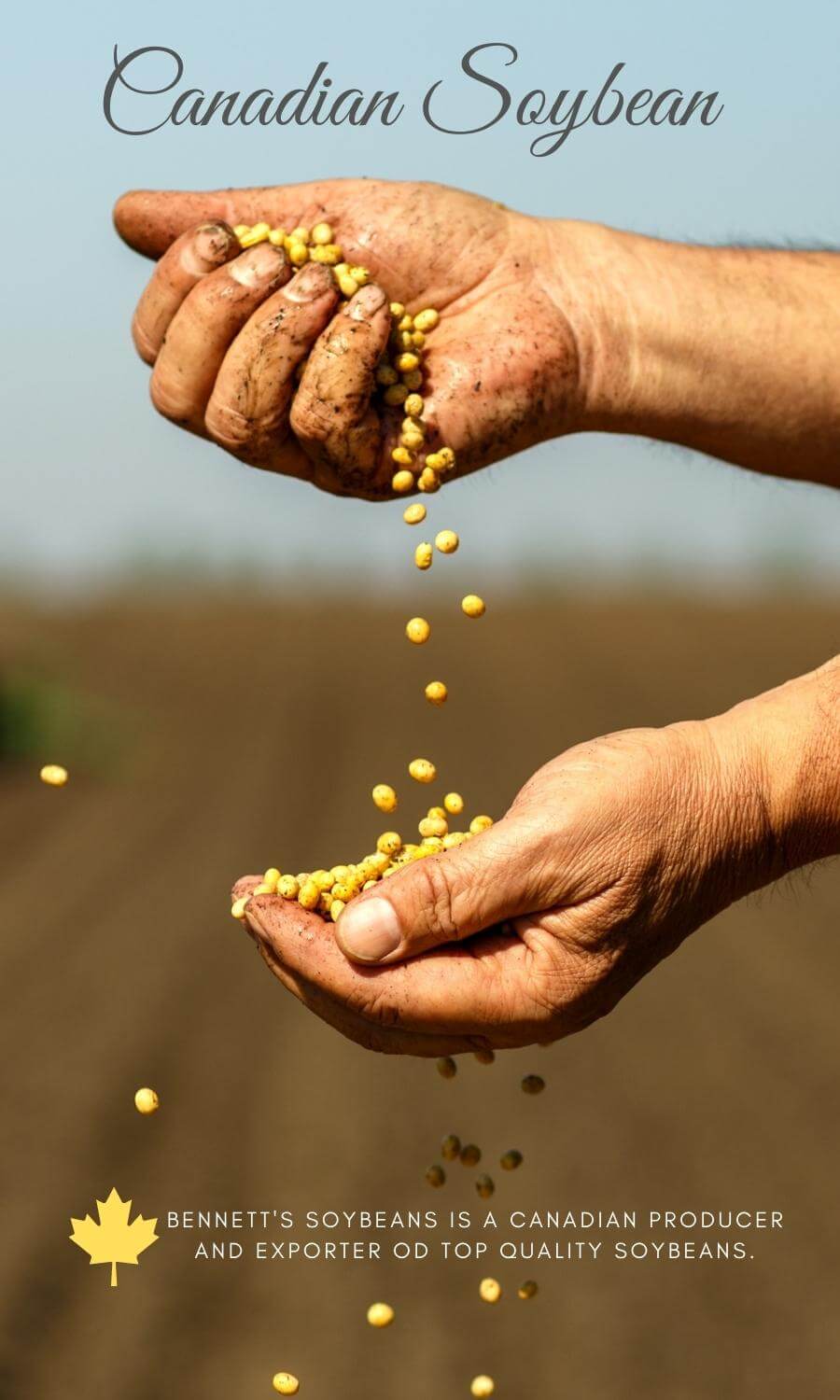Canadian food grade soybeans
The vast market of coexistent companies in the Canadian soybean industry sector is responsible for meeting the tremendous demands of the current global market. Food-grade soybeans compose an essential percentage of the entire soy stock. Among the top global producers, Canada is widely recognized as a reputed high-quality soybean provider for multiple purposes. Over 40 years of determined research, courtesy of state-of-the-art technology, has resulted in a flexible yet robust regulation system to ensure the customers would only get the best quality products.

Every participant in the production chain, from breeding laboratories and farms to processing plants and shipping agents, opt to provide appropriate goods with specified properties. Food-grade soybeans are superior in terms of nutrient components. The high protein, fiber, and total sugar content make them valuable nourishment resources as well as suitable meat alternatives. Various edible goods, namely soybean oil and milk, tofu, fermented products, protein powders, and gluten-free flour are highly demanded by the current societies.
Food-grade soybean industry

The quality of products is directly reviewed by end consumers. Producers develop class certifications in order to maintain their reputation, retain customers, and attract new ones. Quality control is measured by integrated supervision systems. The control begins at the breeding stage, where soybean varieties are modified for desirable traits and higher yields. Conveniently refined soybean cultivars should be registered as having met the criteria required for food-grade goods.
Produced soybeans are strictly monitored for adequate quality in terms of uniform shape and size, firmness, nutrient content, and purity. The majority of products are regulated by the Canadian Identity Preserved Recognition System (CIPRS). This program opts to ensure product efficiency and alleviate potential food safety risks. Canada’s national Grain Commission supervises the procedure of entire soybean products all over the country. Grains are graded based on the properties and specified customer demands.

Top Quality Non-GMO Soybeans
Non-GMO Identity Preserved Canadian Soybeans
Compared to GM goods, non-GMO soybeans are at a win. Manipulated crops are more affected by chemical applications (such as pesticides and fertilizers), and more prone to collecting toxins and harmful agents in the long run. According to international statements, organic products are assumed closer to the natural elements and carry less hazardous components. Given the assumption, the customers are more inclined to specify non-GMO soybeans for edible purposes.
To accomplish the said objective, it is mandatory for producers to provide the market with Identity Preserved (IP) soybeans. Basically, the practice indicates that soybeans are grown under decisive management programs and according to standard guidelines to meet the buyer’s particular demands. Therefore, customers are able to determine what they will need the soybeans for; so the producer community would provide the required stock with accurate properties.


Non-GMO Special Quality White Hilum Blend Canadian Soybeans
Organic, unmodified white hilum soybeans are popular in the food processing industries. The bright-colored composition of this product is necessary for edible goods; including tofu, soy milk, tempeh mixture, and more. Canada has a reputation as a competitive grower and exporter of SQWH soybeans. The commodity consists of several white hilum soybean varieties blended together.
Non-GMO Bulk Vessel
Mature and fully dried soybeans are shipped by bulk vessels from Canada to global customers. Each shipment might be composed of diverse soy stocks.


Non-GMO Identity Preserved Natto-Type Canadian Soybeans
Natto soybeans are small varieties well-known as being compatible for Natto preparation. Basically, Natto is a local Japanese dish made traditionally from fermented soybeans. The end product is brown, sticky, and springy with a slightly pungent smell. Canada is globally recognized as one of the largest Natto-type soybean producers. Given the customer-oriented policies of production and management in Canada, farming communities are contracted according to individual buyer requests concerning certain soybean varieties.
Non-GMO Identity Preserved High ProteinCanadian Soybeans
What makes soybean an essential crop in the whole world, is the high-quality protein content. Common sources of soy protein are available in form of soy milk, supplemented powder, tofu, and more. Compared to animal-derived products, soybeans are naturally free of cholesterol and saturated lipids with a bonus of dietary fibers beneficial for overall wellbeing. Manufacturers of dietary goods seek soybeans as the major component for their products.



